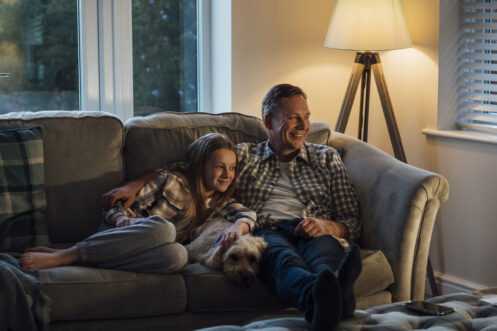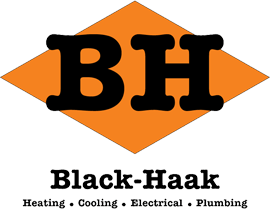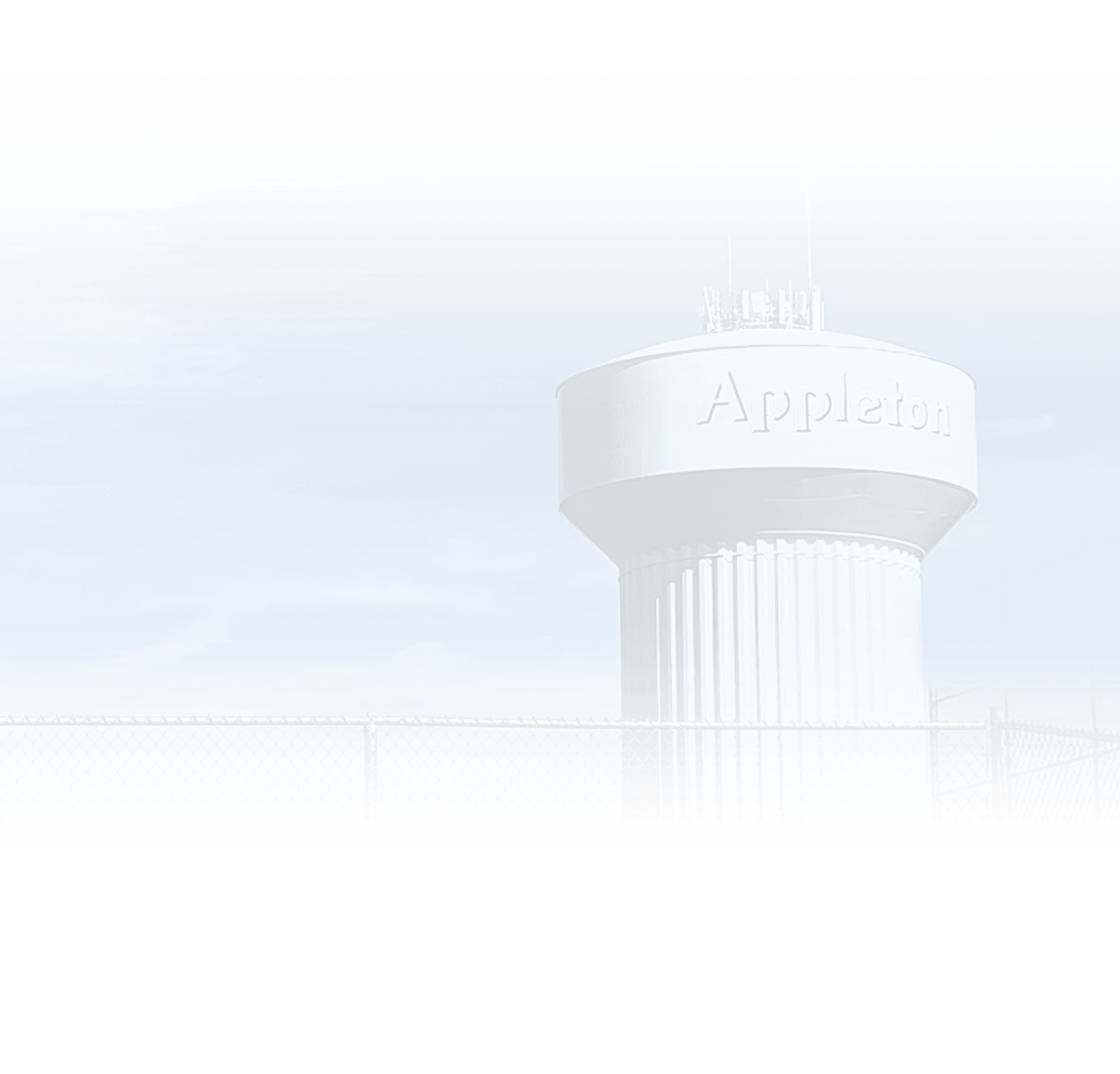
As winter sets in, managing your home’s heating costs becomes a top priority. Even small oversights in how a home’s HVAC system operates can lead to significant increases in energy consumption, inflated utility bills, and reduced indoor comfort. This guide highlights five common HVAC mistakes so you can avoid them and keep your place comfortable this winter without blowing up your energy bills.
1. Incorrect Thermostat Settings
The thermostat serves as the command center for your home’s heating system, and how you set it directly affects your winter energy costs. Many homeowners unknowingly waste money through improper temperature management, often setting their thermostats higher than necessary. While higher settings can warm a house faster, the process of heating to higher temperatures quickly also runs up your utility bills.
One of the most expensive mistakes is maintaining a constant high temperature throughout the day and night. A good starting point is to set your thermostat at 68 to 70 degrees Fahrenheit while you’re awake and lower it by up to ten degrees when you’re away from home. A simple thermostat adjustment may reduce your annual heating bills by as much as 10%.
Different rooms and activities require different temperature settings. For instance, bedrooms typically need less heat than living areas since we tend to use blankets while sleeping. Meanwhile, rooms with poor insulation might need slightly higher settings to maintain comfort. You may want to consider a zoned HVAC system so you can target different rooms with specific settings.
Many homeowners don’t take advantage of modern programmable thermostats. A programmable thermostat can automatically adjust temperatures based on your daily schedule, ensuring optimal comfort when you’re home and energy savings when you’re not. Programmable thermostats eliminate the need to remember to perform manual adjustments and can even learn your preferences over time, making temperature management effortless and efficient. Some smart thermostats also integrate with zoned heating systems. Many setups can even use information from your phone to change thermostat settings when you’re away from home.
2. Insufficient HVAC Maintenance
Regular maintenance of a home’s heating system plays a vital role in controlling energy costs. However, many homeowners overlook these essential issues until problems arise. Scheduling routine maintenance can significantly impact your HVAC’s efficiency and your monthly energy bills.
Changing air filters is one of the most fundamental yet frequently neglected maintenance tasks a homeowner can perform on their own. A clogged filter forces your heating system to work harder, consuming more energy to maintain desired temperatures. A clean filter can lower your heating system’s energy consumption by 5% to 15%. You may also want to consider adding an air purifier to your home’s HVAC to stop contaminants before they enter your HVAC system.
Most manufacturers recommend checking filters monthly and replacing them every 60 to 90 days. However, households with pets or high dust levels may need more frequent changes. The same applies if someone in your household has respiratory issues that make them sensitive to airborne debris and contaminants.
Worn-out parts in a heating system create similar inefficiencies. Components like fan belts, motor bearings, and heat exchangers naturally degrade with time. When these parts begin to fail, the overall system compensates by running longer cycles and using more energy.
Schedule an annual inspection with one of our qualified technicians. Our HVAC technicians can clean vital components, lubricate moving parts, calibrate settings, check electrical connections, and identify potential issues before they become major problems. While skipping inspections might save a little money now, the costs of neglect could be significant over the years.
3. Overheating
An overworked heating system not only drives up utility bills but also shortens equipment life and reduces indoor comfort. Incorrect system sizing ranks among the most serious causes of overheating. A system that’s too small for your home will run constantly, struggling to maintain desired temperatures. Conversely, an oversized system frequently cycles on and off, creating temperature swings and wasting energy. Both scenarios lead to higher energy consumption and increased wear on system components. If your home’s HVAC unit is due for replacement, then you should talk with one of our technicians about finding a system that’s the right size for your place.
Small system issues can strain the HVAC, too. Improperly sealed ductwork can leak heated air into unconditioned spaces like attics or crawl spaces. Incorrect refrigerant levels reduce efficiency and force systems to work harder. Particularly as a system ages, seals can fail and refrigerant levels may fall under specifications.
Adequate ventilation plays a crucial role in preventing system overheating. Blocked vents, closed doors, and dirty filters restrict airflow, forcing the system to work harder to distribute heat throughout your home. Similarly, blocked outdoor units can’t effectively exchange heat, reducing efficiency and potentially causing system damage. Make sure that nothing is blocking the outdoor elements of your HVAC. This includes overhanging plants and nearby bushes.
4. Insufficient Control Systems
Many HVAC systems have multiple components to control airflow, particularly fans and dampers. These systems ensure that the right amount of air flows to specific parts of your house. For example, your heating system may need a fan to encourage air to get to a distant part of your home’s second level. Similarly, a damper can inhibit airflow to a part of the house that might get too much heat during the winter. Registers provide a simpler way to achieve a similar level of control. Combined with systems like smart thermostats and zoned HVAC, these solutions provide significant control over where air goes in your home.
5. Nursing an Old System
Homeowners should always strive to get the most from their home’s heating system. However, nursing an older setup could be more costly in the long run than installing a new one. Especially if your heater is more than two decades old, there is a good chance that a newer model will be more efficient. In that scenario, a replacement may pay for itself in energy savings over the coming years. There might also be manufacturer and tax incentives that could help you break even sooner.
Black-Haak is happy to assist folks from Fox Valley, WI and the surrounding areas. Our HVAC contracting firm performs numerous installation, repair, and maintenance tasks, and our technicians are qualified to work on heating systems like furnaces, boilers, and heat pumps. We can even work on many geothermal systems. Also, we provide a complete range of plumbing and electrical services from drain cleaning to electrical panel upgrades. Our company offers many specials on our website, and upon approval, financing is available to qualified customers for installation projects.
Whether you need assistance with a residential or commercial setup, we are ready to help. Our family-owned and -operated company has been around since 1956. We also maintain an A+ rating with the Better Business Bureau and are part of the Winnebago Home Builders Association. If you’re trying to figure out how to reduce your winter energy bills, contact us at Black-Haak in Greenville to learn how we can help.

